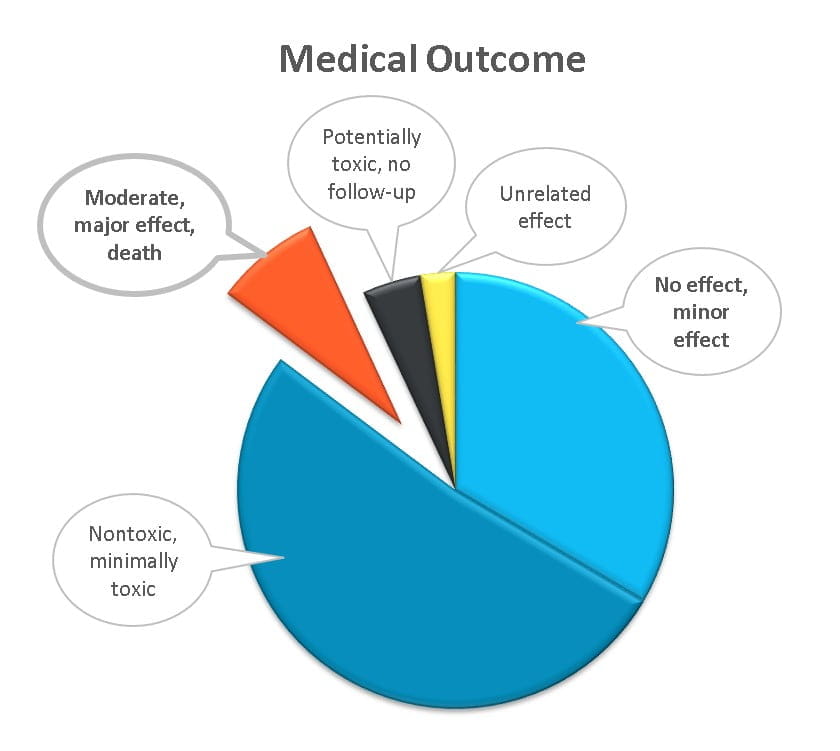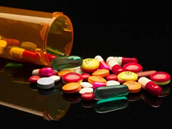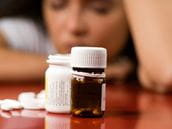
Medication errors: Double dosing
A common medication error is taking—or giving—a double dose. For some medicines, a double dose can cause significant problems. Examples include medicines for high blood pressure, ADHD, depression, and diabetes.
Displaying 11 - 20 of 382 results for "prescription medication label information"
A common medication error is taking—or giving—a double dose. For some medicines, a double dose can cause significant problems. Examples include medicines for high blood pressure, ADHD, depression, and diabetes.
You can gauge the extent and location of your dog's pain by watching his behavior, mood, and response to being touched. Anything more than very mild pain requires examination by a veterinarian who can prescribe the most appropriate medication. Over-the-counter pain medications intended for humans should never be used in dogs without consulting a veterinarian.
Nitrosamines are common chemicals in our daily lives. While exposure to small amounts of nitrosamines is likely not dangerous, long-term exposure to high levels of certain nitrosamines is associated with an increased risk of cancer.
Take the time to orient yourself to over-the-counter (OTC) and prescription medications. Know where to find important information. What is the active ingredient? What is the dose (i.e. 10 mg or 10 mcg)? If it’s liquid, what is the concentration (i.e. in each 5 mL, there are 200 mg)?
Poison prevention and safety information, BY SEASON (also available by substance and by age). If you want to know about poison prevention for a particular season, use the search box in the header of the webpage (type in the name of the season for which you want to know more).
Poison prevention and safety information, BY AGE (also available by substance and by season). If you want to know about poison prevention for a particular age group, use the search box in the header of the webpage (type in the name of the season for which you want to know more).
Paxlovid is an oral medication that recently received emergency use authorization from the FDA to prevent severe COVID-19 infection in high-risk individuals who test positive for the virus. While it is generally well tolerated, Paxlovid interacts with many commonly used medications, which can lead to toxicity.
Most homeopathic medications are not poisonous IF they are diluted correctly and don't contain alcohol. Some homeopathic products have caused toxicity, adverse reactions, and allergic reactions. Others don't contain any active ingredients and may not be appropriate treatment for a condition. FDA does not evaluate homeopathic
Sleep deprivation is a common condition among US adults. Non-drug approaches should be tried first. Medicines for sleep include prescription agents, OTC drugs, and dietary supplements. Many sleep aids can cause dependence or next-day drowsiness. Dietary supplements and herbals promoted to help sleep are not approved by the FDA as safe or effective.
The most important part of taking or giving medicine happens before taking or giving that drug: reading and understanding the label. This is the easiest way to prevent errors and overdoses. All over-the-counter (OTC) medication labels contain Drug Facts: important information about the active ingredient(s), uses, warnings, doses, and directions.
Don't guess what you should do. Get accurate Poison Control answers online or by phone. Both are free and confidential.
or CALL 1-800-222-1222
The Poison Post® is a free, quarterly
e-newsletter delivering poison prevention tips right to your inbox!
Learn the Poison Help jingle in English or Spanish. Use these jingles to teach the Poison Control number: 1-800-222-1222. Available for download.










